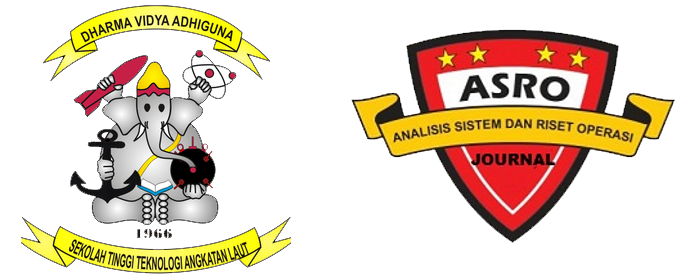THE MANAGEMENT OF SUSTAINABLE COMMUNAL IPAL IN SIMOKERTO SUB-DISTRICT, SURABAYA
DOI:
https://doi.org/10.37875/asro.v12i01.370Keywords:
Sustainability, Sanitation facilities, Communal IPALAbstract
IPAL is the development program of wastewater management installation. It is a community-based communal and presumed to prioritize physical development without paying attention to the readiness of human resources at the local level so that some cases in the facilities construction have failed or they are unsustainable. This is a qualitative research by using a case study approach that aims to discuss the community’s participation in supporting the implementation of sustainability in communal management of IPAL in RT 01 RW 01, Simokerto sub-district, Surabaya. The data collection technique is conducted through the interview, direct observation, and documentation. The findings are obtained by using sustainable analysis in three aspects, namely economic, environmental, and socio-cultural aspects. The result indicates that in terms of the socio-cultural aspect, communal IPAL is unsustainable. The cause is the component condition of communal IPAL which has less advantage due to non-routine maintenance activities.
Keywords: Sustainability, Sanitation facilities, Communal IPAL



